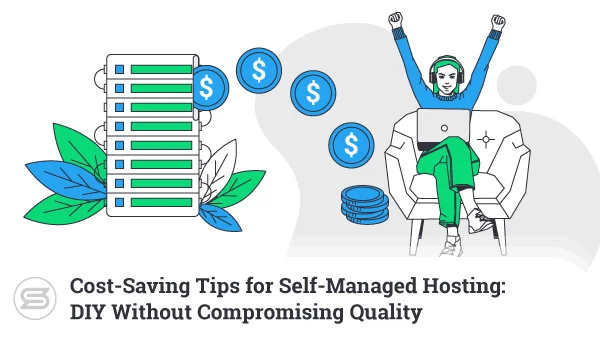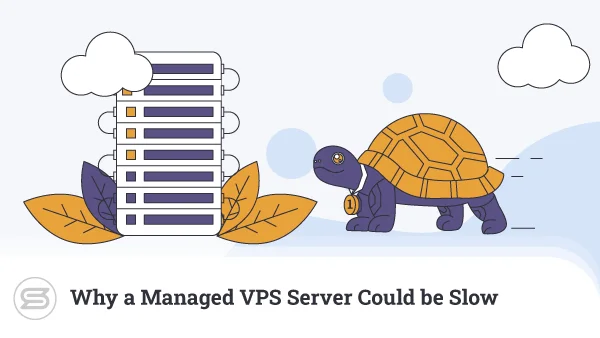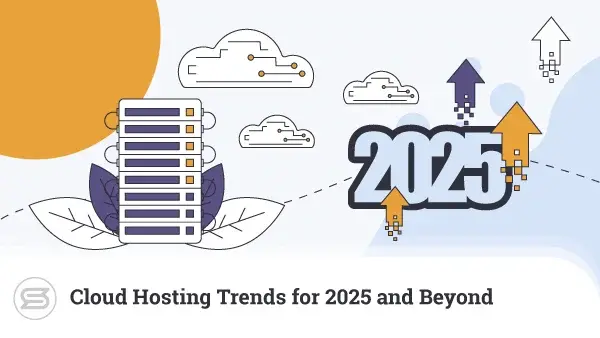The first commercial hard drive saw the light of day in 1956. Developed by IBM, this monster of a machine weighed more than a ton and was as big as two refrigerators. All that for the groundbreaking 5MB of space.
Luckily, we’ve come a long way since then.
As web hosting providers introduced an easy way to get yourself online, server speed and performance became the industry’s hot topics. Every little optimization mattered, and the hardware innovations started pouring in.
Today, we are going to take a closer look at two of the most popular storage methods nowadays and see which one is better if you are utilizing the cloud. This is the HDD vs SSD cloud server comparison.
What is HDD?
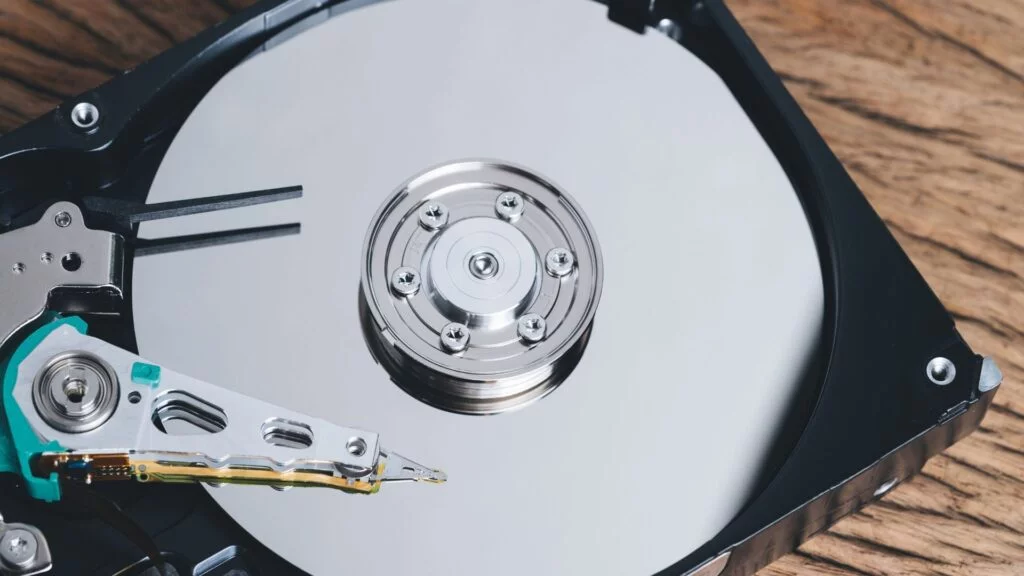
The hard disk drive is a type of physical storage device that uses electromagnetism to keep and retrieve data. The typical HDD consists of one or more rotating motors coated with magnetic material. Unlike RAM, it’s a non-volatile storage method that keeps information long-term in structured blocks and sectors.
HDD has been around for more than 50 years and was an integral part of web hosting services for quite some time. While still widely utilized today, new technologies like VPS and cloud servers have introduced more modern ways of storing data.
What is SSD?
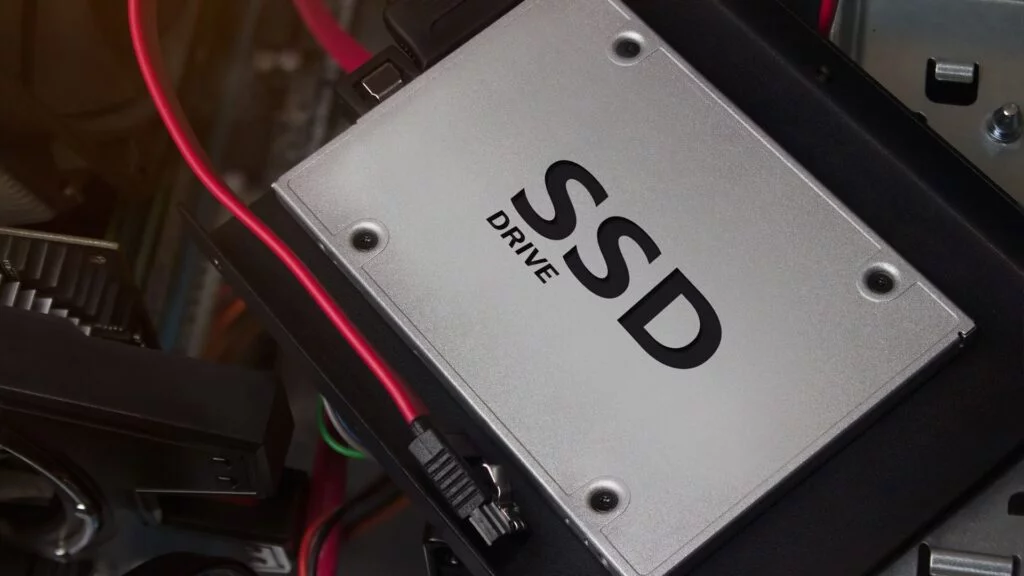
When solid-state storage (or SSD) became commercially available, it changed the game completely. This method eliminated all mechanical parts from the equation and instead employed flash memory to store data. The lack of spinning disks and movable parts meant the new technology could be much more durable and efficient than the HDD technology.
Naturally, hosting providers quickly adopted the technology, and today, there are plenty of companies that offer SSD even on shared hosting. As for more enterprise-friendly solutions, like cloud platforms, they completely switched to solid-state drives.
Why is that?
Let’s see what makes the difference between HDD vs SSD cloud servers.
HDD vs SSD — Which is faster?
Various benchmark tests all reveal SSD is much faster than HDD when reading and writing data. The hard disk drives rely on spinning mechanical parts, which takes a heavy toll on speed. As a result, the average SSD is at least five times faster than a comparable HDD model.
Having no rotating parts also means solid-state drives require no power to spin up and thus take less load on the server. There is no denying website speed is a top priority nowadays, so you better kick it off with a fast and reliable SSD cloud server.
HDD vs SSD — Which is more secure?
Your web server constantly executes input/output requests. The more requests — the more your machine and its mechanical parts wear down until eventually your hard drive fails and your project goes offline.
Reliant on integrated circuits, the SSD drives can take significantly more load without affecting the online status of your server. Sure, this next-gen solution will also deteriorate with time, but its life expectancy is much higher than the standard HDD.
HDD vs SSD — Which costs less?
If there is still something in favor of HDD vs SSD, that would be its cost. That might only be a temporary win, though. The adoption rates for solid-state drives are rising every year, and the technology is getting more and more affordable. That is especially valuable for SSD cloud servers as they are typically more expensive, so anything that makes them more budget-friendly is well-received.
Why ScalaHosting for Cloud SSD servers?
ScalaHosting fully adopts the power of the cloud infrastructure and offers enterprise-grade SSD cloud server solutions for all clients. Whether you are looking for a managed VPS or an unmanaged VPS platform, Scala comes up with fantastic enterprise-grade hardware and feature-packed accounts.
Apart from the optimized server setup, you can count on some unique solutions:
- SPanel — An alternative to the rising cPanel costs, ScalaHosting’s SPanel offers an intuitive interface with advanced functionalities for easy account management. This includes things like a backup system, performance enhancements, and options for WordPress fans. SPanel comes for free with all cloud VPS servers.
- SShield — When it comes to protecting your account, you can never be too secure. SShield is Scala’s proprietary tool for server and website security, adding several protective layers over your web projects. Advanced DDoS protection, malware prevention, and hacker attack prevention are all part of the cloud deals.

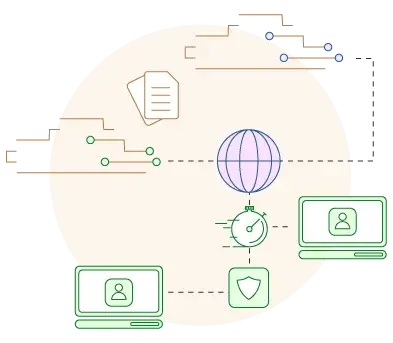
Conclusion
HDD is still a reliable and affordable way of storing your data, but SSD is slowly taking over and now dominates the market for hosting services. Solid-state drives are faster, more durable, and take less load on your server. As speed and security continue to be key deciding factors when buying hosting, you can’t go wrong with a quality cloud SSD server.
FAQ
Q: Why do web servers still use HDD?
A: Even though HDD is not the market leader it once was, this storage method still hides some undeniable benefits. Getting a hard disk drive is still significantly more affordable than the average solid-state one, and if speed is not mission-critical for your project, you can safely go for an HDD.
Q: What is unmetered SSD?
A: You will find some hosts don’t apply strict limits on the storage space and monthly bandwidth. That’s absolutely possible in a cloud-based infrastructure, as the provider can easily scale your disk space up and down as per your usage. Still, having a fixed amount of resources can guarantee no one can interfere with your account performance due to excessive use.
Q: Is an SSD worth it for gaming?
A:Gamers are a great target audience for hosting providers, so they duly try to provide optimized servers for the best gaming performance. SSD storage can definitely power up this experience, offering minimum latency and constant uptime. Still, depending on your needs, it might be best to utilize a combination of HDD and SSD for optimal setup.
What is a VPS – Everything you need to know!

